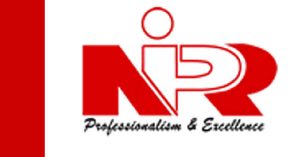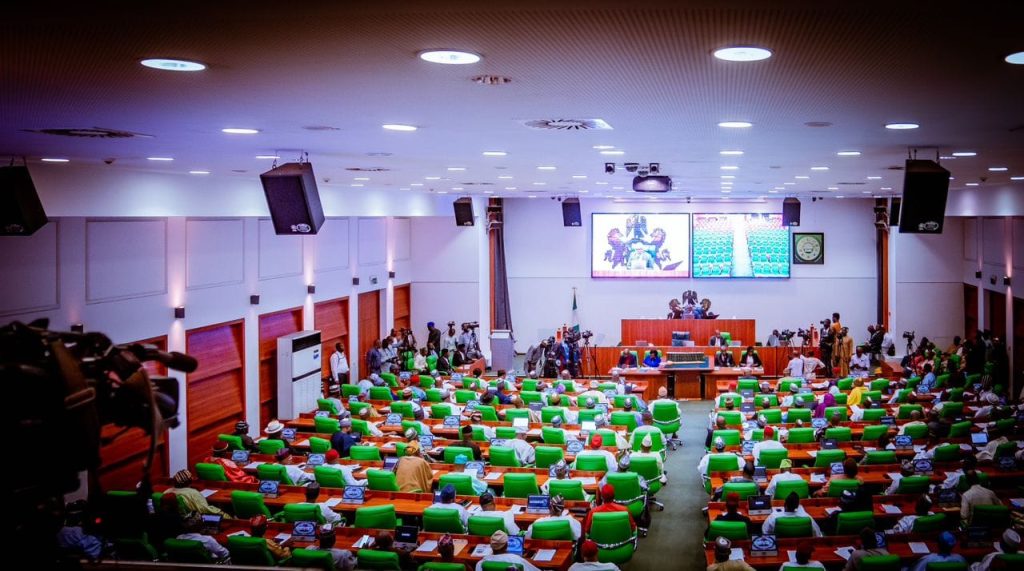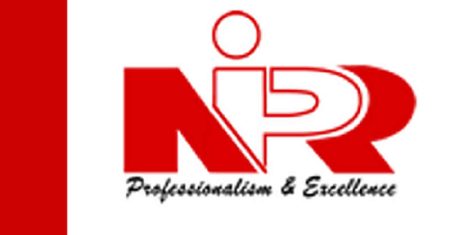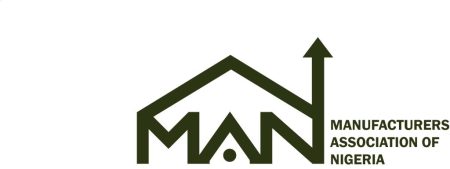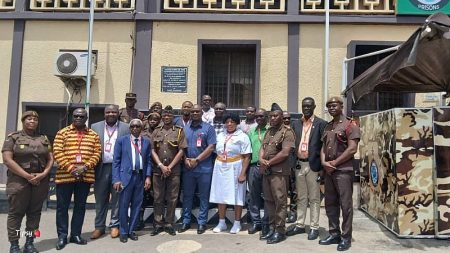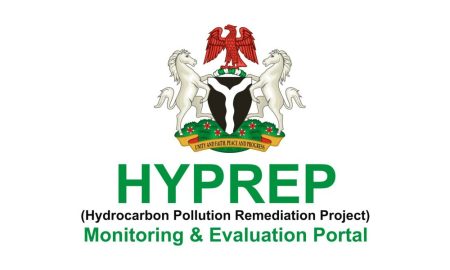The House of Representatives Committee on the Federal Road Maintenance Agency (FERMA) has embarked on a mission to bolster the agency’s capacity to address the deteriorating state of Nigeria’s road infrastructure. During an oversight visit to assess FERMA’s operations in the South-West zone, the committee chairman, Aderemi Oseni, expressed deep concern over the chronic underfunding plaguing the agency, highlighting its crippling impact on road maintenance efforts nationwide. Oseni lamented that FERMA currently receives a mere 10% of the required funding, a stark contrast to its initial years when consistent maintenance and proactive road repairs were the norm. This severe budgetary constraint has led to a widespread decline in road quality, posing significant challenges to transportation and economic activities. The committee’s visit served as a critical step in bridging the gap between documented achievements and on-the-ground realities, ensuring that allocated funds translate into tangible improvements in road conditions.
The oversight visit, focused on verifying the progress of projects outlined in the 2024 budget, revealed a mixed picture of accomplishments and ongoing challenges. While the committee expressed satisfaction with the completion of all 21 projects in South West I and a significant portion in Kwara State, the remaining unfinished projects underscore the persistent limitations imposed by inadequate funding. The committee’s physical inspection served as a crucial mechanism for accountability, ensuring that reported progress aligns with the actual state of road repairs. This hands-on approach underscores the committee’s commitment to ensuring that public funds are utilized effectively and that road maintenance efforts yield tangible results for the benefit of Nigerian citizens. The emphasis on physical verification reflects a broader concern for transparency and accountability in public spending, a crucial element in fostering public trust and ensuring the effective delivery of essential services.
FERMA’s Zonal Coordinator for South West I, Mr. Babatunde Aina, echoed the committee’s concerns, painting a stark picture of the operational realities stemming from insufficient funding. Aina elaborated on the agency’s predicament, explaining that limited allocations force them to prioritize only the most critical sections of damaged roads, leaving other vulnerable portions untreated. This piecemeal approach, while necessary given the financial constraints, exacerbates the overall deterioration of road networks, ultimately hindering long-term sustainability. Aina further highlighted a range of operational challenges, including diesel spills, indiscriminate waste dumping, lack of functional vehicles for project supervision, and contractor delays, all of which further complicate FERMA’s mandate. His appeal for improved funding, enhanced logistics, and insurance coverage for FERMA staff underscores the urgency and importance of addressing these systemic issues to empower the agency to fulfill its core responsibilities effectively.
The limited funding compels FERMA to adopt a triage approach, addressing only the most critical road sections while leaving others to further decay. This creates a vicious cycle where short-term fixes fail to address the underlying problems, leading to more extensive and costly repairs in the long run. The inability to comprehensively address road damage not only increases maintenance expenses over time but also poses significant risks to public safety and hampers economic development. The poor state of roads contributes to accidents, increases travel time, and disrupts the transportation of goods and services, all of which have significant economic and social repercussions.
The committee’s findings emphasized the interconnectedness of adequate funding, effective project execution, and overall road network improvement. The inability to fully address road damage due to limited resources necessitates a strategic approach that prioritizes critical repairs while seeking sustainable long-term solutions. The identified challenges, including environmental damage from diesel spills and waste dumping, further highlight the need for a comprehensive strategy that encompasses not only road maintenance but also environmental protection and public awareness. These interconnected challenges underscore the complexity of managing road infrastructure in a resource-constrained environment, emphasizing the need for innovative solutions and inter-agency collaboration.
In concluding their visit, the committee issued a strong call to the federal government to prioritize road infrastructure maintenance, recognizing its crucial role in economic growth and public safety. The committee’s advocacy for increased budgetary allocations reflects a deep understanding of the vital link between well-maintained roads and national development. Improved road networks facilitate trade, reduce transportation costs, and enhance accessibility, all of which contribute to economic prosperity. Furthermore, well-maintained roads are essential for ensuring public safety, reducing accidents, and improving emergency response times. The committee’s call to action underscores the urgent need for a national commitment to investing in road infrastructure as a critical driver of economic progress and public well-being. The committee’s commitment to advocating for increased funding signifies a crucial step towards addressing the long-standing challenges facing Nigeria’s road networks and ensuring a safer and more prosperous future for its citizens.


